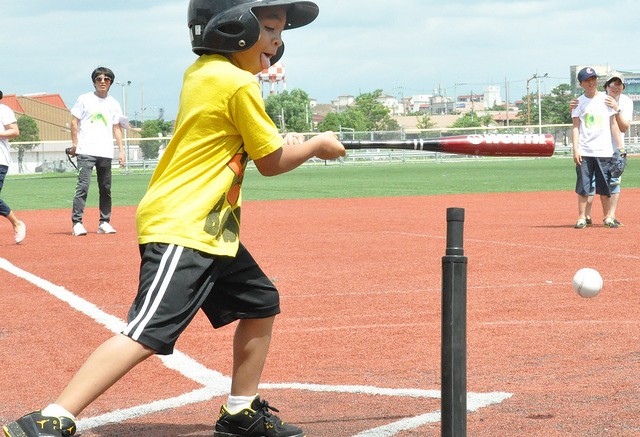A small study published last month in the International Journal of Psychophysiology showed that young children who play sports may suffer from minor, yet lingering brain damage after they sustain a concussion.
While childhood sports offer a treasure trove of benefits, from social skills to physical fitness, there’s also a potential downside: head injuries. Repeated blows to the head, even seemingly minor ones, can increase your child’s risk of concussions. These aren’t just a temporary headache. Concussions can disrupt brain development, leading to problems with memory, concentration, and learning.
In the U.S., more than one million brain concussions are treated every year. All competitive sports organizations already implemented several levels of safety protocols to avoid head injuries such as helmets, although much of the focus is centered on high school athletes. Still the greatest number of pediatric concussion are caused by athletic activities, and the long-term effects of this damage are still unknown. The academic life of children who suffered concussions and head injuries may be affected, as well as their vocational opportunities later in life. Children under 12 years of age are probably much more sensitive to brain damage than their older counterparts, due to the fact that their nervous system isn’t fully developed yet.
The study shows that concussions sustained during children sports activities may cause several consequences on the children’s neurological health. Even a single head concussion could impair kid’s brain function and cognitive performance for approximately two years after the injury was sustained although the extent of this damage, is yet to be understood.
The research was performed at the University of Illinois and was led by the kinesiologist and community health professor Charles Hillman and the postdoctorate fellow R. Davis Moore. The study included 30 children from 8 to 10 years of age who were involved in regular athletic activities. Half these kids sustained a concussion in the previous two years while the other half had no history of head injuries. The team determined children’s neural activity by scanning the brain’s electrical signals in the brain while the children performed the various cognitive tests. Those who suffered an injury showed a general attention deficit, impaired working memory, and impulse control and other neuroelectric alterations.
The brain damage sustained by those kids was “subtle yet pervasive”, and although it may have no noticeable consequence on their day-to-day life and activities, it could negatively affect their academic results and future job opportunities.
Keeping Your Child Safe on the Field
First, prioritize proper safety gear. A well-fitting helmet is crucial in sports like football or hockey. Next, make sure your child’s coach is trained in concussion recognition and protocol. Don’t hesitate to ask questions and voice any concerns. Finally, teach your child about concussions and sportsmanship. Encourage them to report any dizziness, headaches, or confusion after a head impact.
If you suspect your child has suffered a concussion, seek medical attention immediately. Concussion specialists (concussion doctors or neuropsychologists) can assess the injury’s severity and create a personalized recovery plan.
Remember, prioritizing safety doesn’t mean sacrificing fun. There are plenty of non-contact sports that can keep your child active and engaged. The key is open communication and a collaborative effort with coaches and your child. By working together, you can ensure their love of sports translates into a healthy and rewarding experience.
Article written by Dr. Claudio Butticè, PharmD.
REFERENCES
- Davis R. Moore, Dominika M. Pindus, Lauren B. Raine, Eric S. Drollette, Mark R. Scudder, Dave Ellemberg, Charles H. Hillman. The persistent influence of concussion on attention, executive control and neuroelectric function in preadolescent children. International Journal of Psychophysiology, 2015; DOI: 10.1016/j.ijpsycho.2015.11.010
